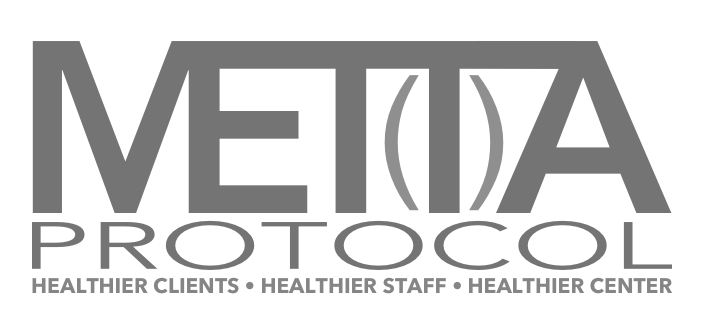C4 and I will be hosting a webinar on Beyond Trauma-Informed Care: The MET(T)A Protocol. This webinar will make the case for the move from trauma-informed care to trauma-focused care by applying EMDR therapy as a complete psychotherapy instead of as a technique or approach, with mindfulness as a stabilizing anchor for treatment effects and Buddhist psychology as a philosophical system to treat mental health disorders.
The mental health treatment field has made great strides in recognizing the role that trauma plays in presenting problems and disorders by providing trauma-informed care. However, considering the widespread impact that trauma has on survivors, simply realizing this impact, recognizing the symptoms of trauma, and responding to them is not enough to heal the damage done. The disorders that can manifest from surviving a trauma, such as PTSD, major depressive disorder, substance use disorders, and eating disorders and the risky behaviors that trauma triggers such as self-injurious behaviors, promiscuity, or isolation, in addition to the life-changing decisions that result from it such as suicide, speaks for the need for the vital move from trauma-informed care to trauma-focused care that the mental health field must make in order to ethically and effectively treat trauma.
Trauma-focused care assumes that unhealed trauma plays a major role in presenting issues, denotes greater action in the delivery of treatment services, and promotes proactive treatment planning to heal the legacy of trauma. The MET(T)A Protocol (Mindfulness and EMDR Treatment Template for Agencies) provides the trauma-focused solution that survivors of trauma need to find long-lasting recovery. The MET(T)A Protocol is a new and innovative way to envision and implement agency mental health treatment that is grounded in the over 30 years of research, theory, and practice of EMDR therapy, as well as the 2600 years of practice of Buddhist psychology of Mindfulness. It honors the current belief that there is a deep need for trauma resolution to be a key focus of treatment to strengthen relapse prevention and create sustainable long-term recovery.
Wednesday, November 6th, at 10am (PST)
CLICK THROUGH TO LEARN MORE AND TO REGISTER

